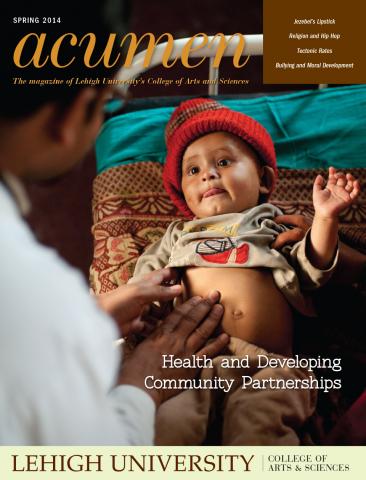
While bullying is frequently witnessed in school, little is known about how adolescents communicate with their parents about the victimization they witness and experience. In an ongoing research project, Debbie Laible examines how parents and adolescents talk about the moral dilemmas that youths face when observing and encountering bullying.
As part of a collaborative effort with a colleague at the University of Missouri, Laible examines the types of moral messages parents are sending to adolescents in these conversations and their influence on adolescent moral development.
One goal of this research is to examine how parents talk about these moral dilemmas with adolescents and how it translates to a child’s empathetic development. Conversations about moral issues likely make children aware of the needs of others and encourage children to reflect upon the moral messages that parents transmit in these conversations.
The second goal is to study how parents and adolescents talk differently about victims of bullying who differ from the adolescent. Thus, 100 adolescents and mothers discussed two video clips of bullying, including one victim that involves an adolescent who is similar to the target adolescent studied (in terms of social groups) and one who is different than the adolescent. The goal of this research is to examine how parents socialize moral values differently depending on the degree to which mothers and adolescents identify with the victim.
“We’re looking at how parents and adolescents talk about the bullying differently depending on whether it’s an ingroup or outgroup member, and how that predicts whether they are going to stand up for a kid being bullied,” she says.
Laible and her colleagues are now expanding the age of children studied and are now working with researchers at Arizona State University to understand the factors involved in the development of racial and gender attitudes and to explore how these attitudes influence children’s prosocial behavior towards individuals who are different from them. The plan is to obtain funding to study 7-year-olds for three years to examine the factors involved in socializing moral behavior towards a diverse group of peers.
The goal of this line of work is to help researchers and parents to understand the types of strategies that parents can use to encourage their children to do the right thing when they witness bullying and encounter similar moral dilemmas (especially those involving outgroup members).


































